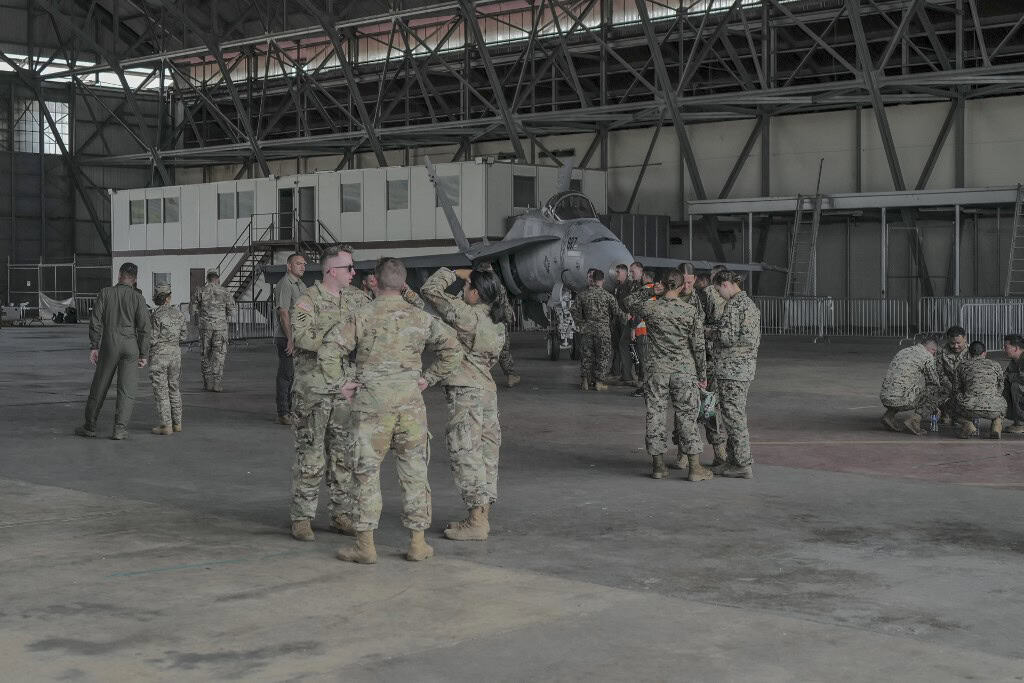US soldiers arrived in Panama yesterday to conduct military exercises focused on protecting the Panama Canal, a key global trade route. The US Embassy confirmed the deployment, stating the drills are part of a bilateral agreement signed in April. This agreement allows US troops to operate near the canal for training and joint operations but prohibits establishing permanent military bases, addressing Panama’s sovereignty concerns.
The exercises include U.S. Marines from the 2nd Battalion, 2nd Marines, training with Panamanian security forces in forest operations. These drills are intended to strengthen security around the Panama Canal through coordinated tactical maneuvers. The U.S. Embassy emphasized that all troop deployments require Panama’s approval, reinforcing that the country maintains full control over its territory.
The agreement follows pressure from US President Donald Trump, who has claimed China holds excessive influence over the canal, which handles about 40% of US container traffic and 5% of global trade. Panama and China have denied these claims, with Panamanian officials asserting the canal remains under their autonomous control. The deal has sparked protests from unions and civic groups in Panama, who view it as a threat to national sovereignty and a step toward reintroducing US military bases, which were phased out by 1999 under the 1977 Torrijos-Carter Treaties.
The arrival of U.S. Marines in Panamá Pacífico for joint operations has sparked local debate, with some viewing it as a possible “covert military return.” While these exercises continue a history of U.S.-Panama collaboration, such as the Panamax drills, the current political climate has heightened tensions and concerns.
Both country’s frame the exercises as cooperative efforts to safeguard a critical waterway. Panamanian President José Raúl Mulino and Security Minister Frank Ábrego have emphasized that the agreement respects Panama’s constitution and rejects any terms suggesting permanent US bases. As the drills proceed, they underscore the balance between security cooperation and Panama’s commitment to independence.






